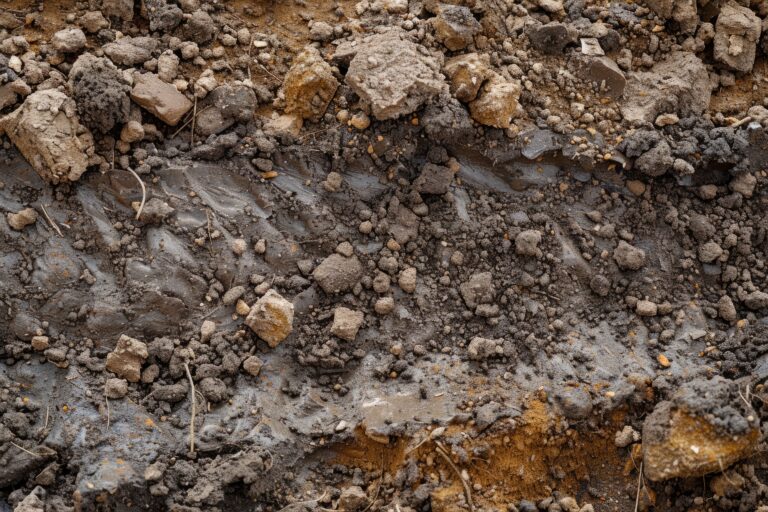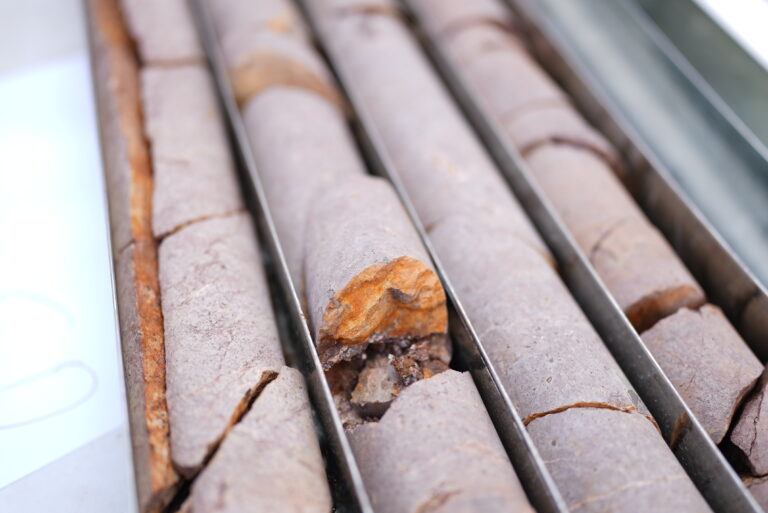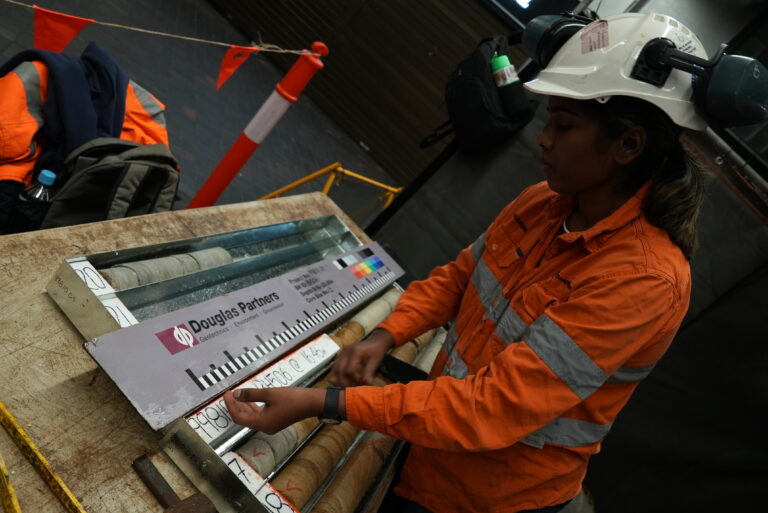To ensure accurate results in soil testing, geotechnical engineers must follow best practices when collecting soil samples. A comprehensive soil testing approach provides essential information about soil properties, helping to make informed decisions for construction projects and foundation design.

1. Importance of Sampling Locations in Geotechnical Testing
Selecting sampling locations requires an understanding of the entire project area’s potential geotechnical variability. Initial geophysical and surface investigations can help identify key zones of interest, informing a targeted geotechnical sampling strategy. This ensures that the samples taken are representative of the area’s overall geological characteristics.

Selecting soil sampling locations requires an understanding of the soil present across a site and its geotechnical variability. Initial site classification reports, geophysical surveys, and surface investigations help identify key zones for targeted soil analysis. This ensures that soil samples collected are truly representative of the soil layers and soil characteristics across the construction site.
2. Ensuring Adequate Sample Quantity for Soil Testing
The quantity of samples collected must be sufficient to capture variations in soil type, moisture level, and soil behaviour.
Adequate sample quantity is essential to capture the variability of soil properties. The number of samples required depends on the project size and complexity. Following Australian Standards, as well as other regulatory body guidelines, helps determine the appropriate sample quantities and distribution across the site.
The soil test results must be reliable enough to assess factors such as load-bearing capacity, shear strength, and drainage characteristics. Following laboratory soil testing methods and regulatory guidelines ensures that valuable information is obtained to support long-term stability in construction projects.

3. Correct Equipment and Techniques
The choice of sampling equipment and techniques can influence the accuracy of data that can be collected from the samples. Various methods are available, including hand tools, mechanical excavators and augers, and geotechnical drilling equipment as well as in-situ testing options. The selection depends on factors such as site access, expected soil type, target depths, and desired sample quantity and quality, as well as the overall purpose of the investigation (ie the target parameters).

4. Sample Handling
Proper handling of soil samples is critical to preserving their integrity. Laboratory soil testing methods require that samples are properly sealed, labelled, and protected from moisture change to maintain accurate results. A well-documented soil test report ensures that the data collected is useful for engineering properties assessment and designing foundations.

At Douglas Partners, we understand that representative soil sampling underpins reliable geotechnical testing. With our unwavering commitment to excellence and extensive experience in the field, we have honed our expertise in geotechnical site investigation and soil sampling techniques to support the collection of quality geotechnical data.
By robustly selecting sampling locations, employing recognised standards, utilising appropriate sampling techniques, we consistently deliver reliable and dependable results to our clients.
The Importance of Soil Testing in Construction
Whether for a building project or infrastructure development, understanding soil behaviour is essential for long-term stability and structural safety. At Douglas Partners, we conduct various soil tests, including soil strength tests and soil classification, to assess critical soil parameters. These tests determine factors such as load-bearing capacity, settlement potential, and soil reactivity, which are essential for designing safe and stable foundations.
Leveraging advanced geotechnical analysis and design techniques, we support projects across various sectors, defence, healthcare, property and building developments, energy and large-scale earthworks. By selecting optimal sampling locations, applying recognised standards, and utilising precise testing methods, we provide accurate data to inform foundation design, retaining structures, slopes, pavements, and ground improvement solutions.
